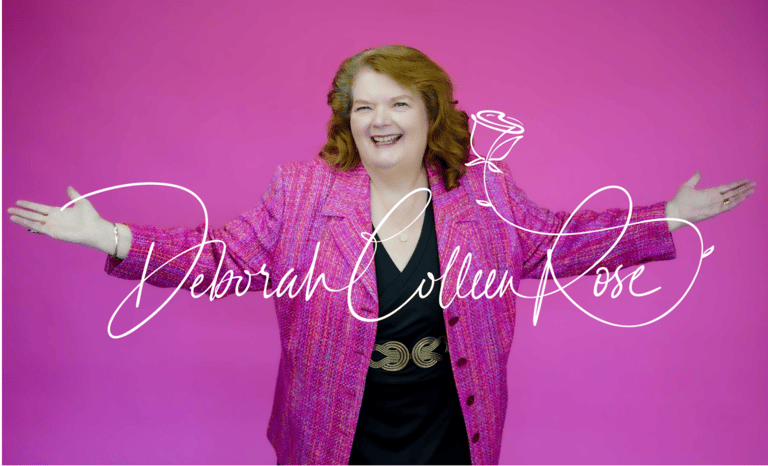When the Elderly Are Mean: Honor, Love, and the Truth Between Them
RELATIONSHIPS
Deborah Colleen Rose
5/14/20253 min read
There’s a silent heartbreak that sneaks up on many adults—the realization that some elderly people aren’t just cranky because of dementia, disease, or confusion. Sometimes, the meanness isn’t a symptom. It’s not a phase. It’s not medical. It’s just them.
What do you do when the gloves come off, and what's left isn't a sweet, confused grandparent, but a bitter soul whose personality sharpens with age? What if the cruelty isn’t the result of age, but the unfiltered truth of a lifetime of unaddressed character flaws?
We don’t talk about this enough.
Aging Doesn’t Always Soften People
We’re taught to equate age with wisdom and reverence. But in reality, getting older doesn’t make people better. It just makes them more themselves. The social masks fall off. The desire to impress others fades. If someone was manipulative, controlling, passive-aggressive, or mean-spirited in midlife, old age can magnify those traits.
Instead of grace and gratitude, some become tyrants in recliners, hurling insults like confetti and expecting to be celebrated for their "honesty."
When It’s Not Dementia
If you’re dealing with an elderly person and their cruelty isn’t rooted in cognitive decline, but is actually consistent with who they’ve always been, that clarity can be liberating—and devastating.
Pros of Recognizing the Truth:
Clarity: You stop second-guessing yourself or making excuses for them.
Validation: You realize your discomfort and pain are legitimate.
Empowerment: You can draw boundaries without guilt.
Cons (Yes, They’re Real):
Grief: You grieve the parent or elder you wished you had.
Cognitive Dissonance: The world might see them as a sweet old lady, but you know the truth.
Guilt: Culture often equates eldercare with sainthood. Choosing distance feels like betrayal, even when it’s survival.
Why Some Elders Get Meaner
Some people age like wine. Others age like vinegar. When people who relied on control, power, or fear begin to lose physical autonomy, they often react by doubling down on emotional manipulation. Aging strips away their influence in the world—and so they fight for dominance where they still can: in their family relationships.
If this is who they always were, then aging isn’t a decline; it’s a spotlight. And what you’re seeing isn’t the fall of a great soul. It’s just the last act of a lifelong performance finally playing without pretense.
Honor vs. Love: The Commandment and the Real World
Let’s get biblical.
“Honor your father and your mother.”
It doesn’t say, love them. And that’s not a mistake. That’s wisdom.
Honor is an action. Love is a feeling.
Honor means you don’t slander. You don’t seek revenge. You carry yourself with integrity, even when they don’t.
But love? Love is a sacred, vulnerable, reciprocal bond. And if you don’t feel it, that does not make you sinful, broken, or cruel. It makes you human.
When a parent has been the source of pain, indifference, or abuse, your nervous system may shut down the love as an act of protection. That is not dishonor. That is wisdom from the body.
What Honoring Without Loving Can Look Like:
You stop the cycle of dysfunction for the next generation.
You pray for them if that aligns with your beliefs.
You don’t lie or tear them down publicly.
You care for them practically (if you choose to) from a place of duty, not emotional intimacy.
You step away, establish distance, and refuse further harm.
Sometimes, love becomes grief:
Grieving the mother who never nurtured.
Grieving the father who withheld affection.
Grieving the fantasy of family that never came to life.
And sometimes there’s nothing to grieve anymore—just numbness. An emotional void where connection should be. And that’s okay, too.
You Don’t Have to Hug the Cactus
You can honor someone’s role in your life without giving them access to your peace. You can walk in truth without putting yourself back in the line of fire. You can honor your parent without pretending they were someone they weren’t.
We are not called to be martyrs to our parents’ dysfunction. We are called to truth, to courage, to living in a way that breaks the chain.
So no—you don’t have to feel love. And yes—you can still walk in honor.
That is enough. That is holy. And that is freedom.
